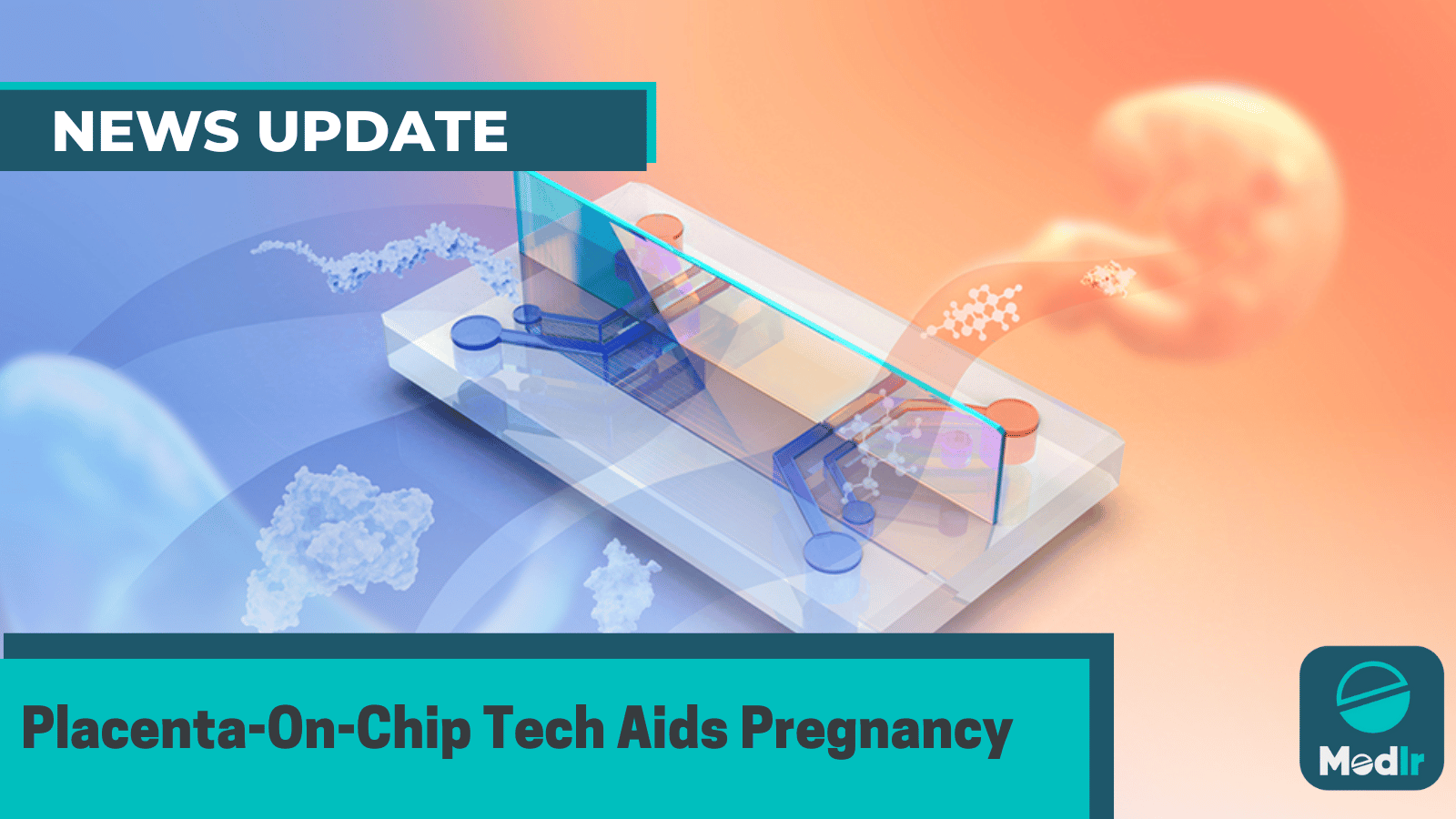Placenta-On-Chip Tech Aids Pregnancy
Written by Jaskiran Walia, Arushi Sharma
Placenta-on-chip technology marks a groundbreaking stride in pregnancy research, offering a dynamic platform to comprehend the complexities of maternal-fetal health.

Mimic placental devices aid drug development, research toxins, and investigate pregnancy complications such as preeclampsia and diabetes effects.
Although the placenta protects the fetus, hazardous substances can pass through, limiting safe treatments for pregnant women. Current research methodologies do not provide reliable placental mimicry, making drug safety assessment during pregnancy difficult. A more accurate model is required.
Placenta-on-a-chip (POC) devices were created by Prof. Abhijit Majumder, Prof. Debjani Paul, and Dr. Deepak Modi of IIT Bombay and ICMR-NIRRCH, Mumbai. These microfluidic systems replicate placental structure and functions, allowing drug safety to be assessed at various stages of pregnancy.
The lab-grown placenta allows cell communication, mimics blood flow, and is ideal for researching development and abnormalities. It has the potential to enable tailored medication and sample screening.
Bridging Engineering and Medicine: Creation of Placenta-On-Chip Devices
Prof. Majumdar’s microfluidic expertise and Dr. Modi’s placental knowledge led to device development. Prof. Majumder’s team designed the gadgets at IIT-Bombay, utilizing processes like photolithography and soft lithography, with help from IMPRINT II C. Dr. Modi’s team replicated real placental cells.
The partnership produced dedicated devices for various studies embryo implantation, placental function, cell migration, drug testing, etc. Rigorous evaluation confirms their placenta-like abilities. The devices are now set for pharmaceutical testing and use.